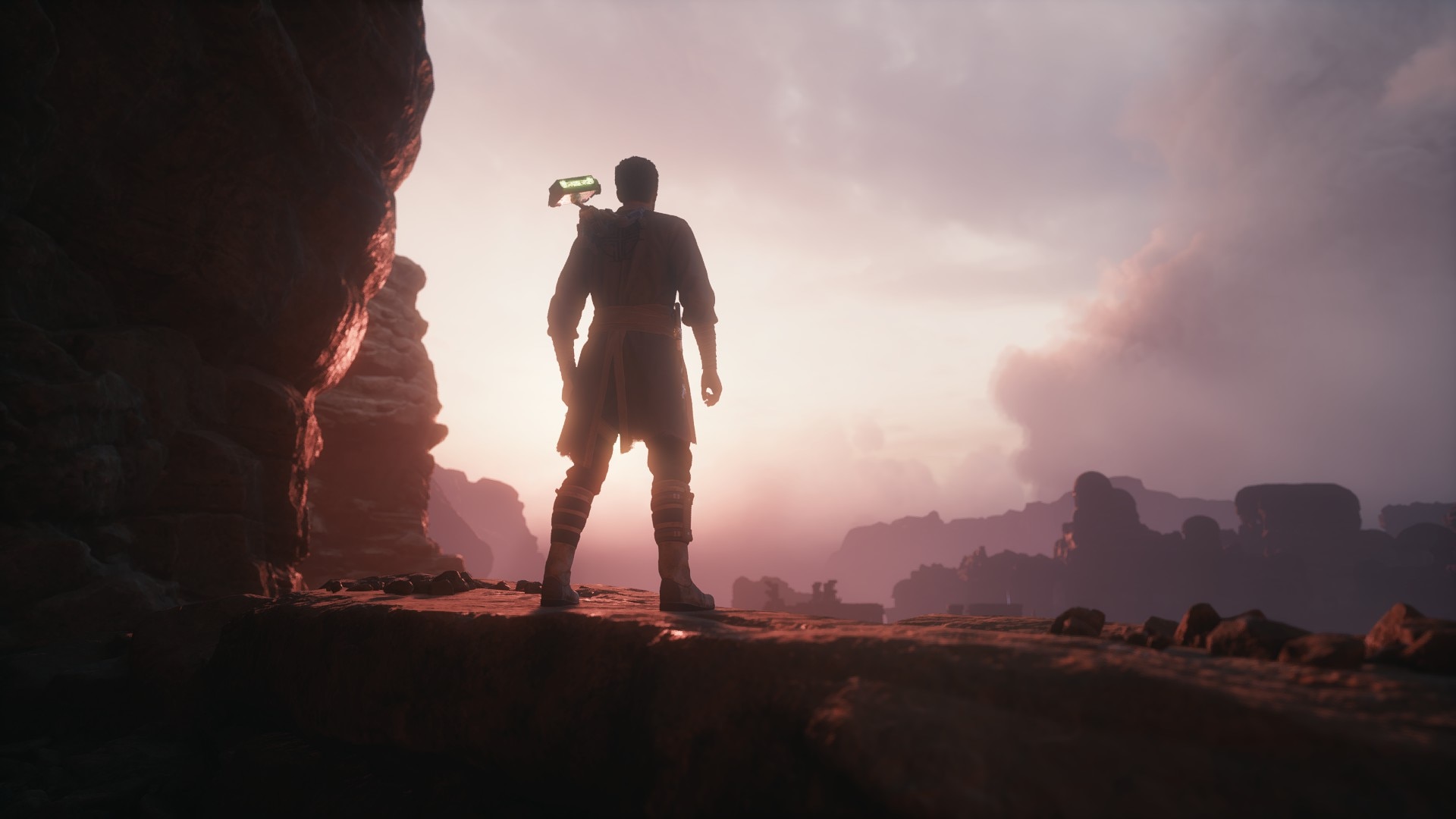The digital age has created a revolution in almost every sector, and the gaming industry is no exception. But while some celebrate the changing dynamics, others express apprehension. Among them is Phil Spencer, the ever-vocal head of Xbox.
In a private email that was recently leaked online, Spencer voiced concerns about the trajectory of AAA games and the sustainability of the old guard: the AAA publishers.
Spencer's email, dating back to 2020, offers a nuanced examination of the gaming landscape. The disruption brought about by digital storefronts such as Steam, Xbox Store, and PlayStation Store has had profound implications for these publishers. Traditionally, these titans held a near-monopoly over the industry, leveraging their influence over physical retail spaces. However, with the advent of digital distribution, the playing field has been leveled, allowing independent studios to gain access to a broader audience.

In the heyday of physical distribution, these AAA publishers could secure coveted shelf space in stores, negotiate better profit margins, and commandeer in-store promotions. But with the digitization wave, the clout they once held started to wane. Rather than pivoting to accommodate the new digital environment, many AAA publishers remained tethered to their old strategies, failing to establish a robust digital presence.

